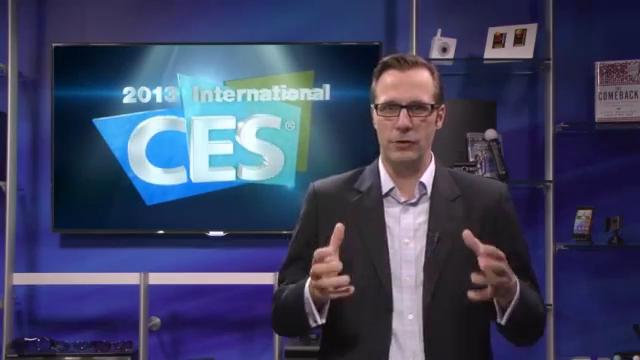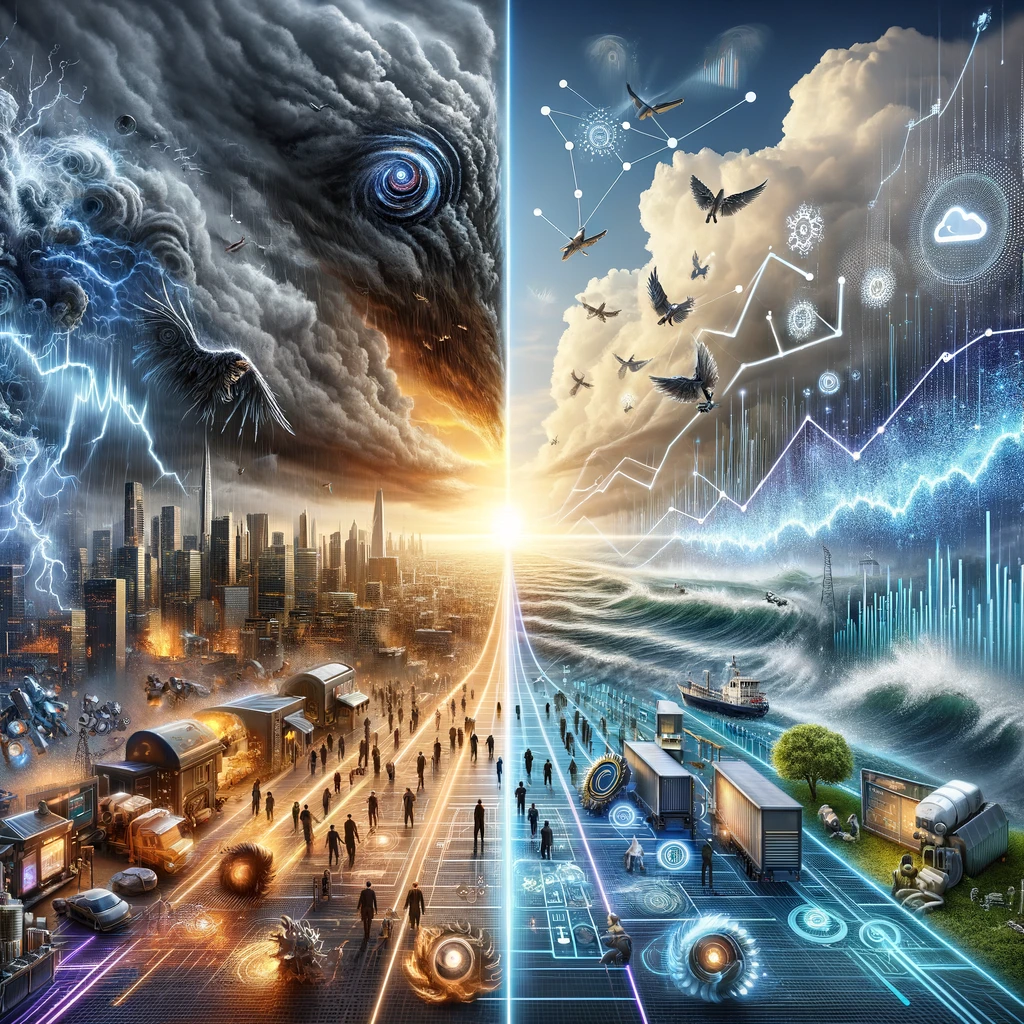AI and the future of work are becoming inseparable topics. As artificial intelligence grows more capable, the nature of work is shifting at its core. Employees are no longer just completing tasks on their own; increasingly, they are supervising AI agents that handle execution. This change requires both new skills and a new mindset.
In the old model, efficiency and accuracy defined good performance. In the new model, orchestration matters more. Workers are evolving into supervisors of hybrid teams where both humans and AI systems contribute. This means breaking down problems, assigning tasks, checking results, and making judgment calls when machines cannot. The shift is not about replacing human effort, but about redefining human value.
TL;DR
AI and the future of work are reshaping the role of employees from task-doers to supervisors of machines. Success will depend on workflow design, critical thinking, adaptability, and ethical judgment. Workers who learn to orchestrate human-AI teams will thrive in tomorrow’s workplace.
AI and the Future of Work in Employee Roles
The rise of AI is changing what employers expect. Instead of only valuing execution, organizations are looking for people who can supervise, guide, and integrate machine work into broader workflows. Employees must think like project managers: setting clear instructions, validating outputs, and adapting quickly when errors appear.
As Harvard Business Review emphasizes, responsible adoption of AI requires strong human oversight. This makes supervisory skills essential at every level of the workforce.
AI and the Future of Work in Skill Development
This transformation requires new types of literacy. Workers must understand how AI systems operate and, just as importantly, how to collaborate with them. Skills in workflow design, output validation, and error detection are rising in importance. Beyond technical know-how, soft skills such as adaptability and ethical reasoning matter more than ever.
Forbes highlights that organizations will increasingly reward employees who can combine technical fluency with strong interpersonal abilities. Those who can balance machine precision with human judgment will stand out.
On Modern Leadership
Leadership is also evolving. Managing hybrid teams means guiding both human contributors and AI agents. This requires clear communication, strong critical thinking, and the ability to spot when human judgment must override machine outputs. Leaders must also instill trust by being transparent about how AI is used and by ensuring ethical standards are upheld.
According to The Economist, organizations that embrace human-AI collaboration thoughtfully will see productivity gains without losing sight of values. Leaders who can adapt quickly will set their companies apart.
AI and the Future of Work in Organizational Design
As this shift continues, companies will redesign job roles, hiring practices, and organizational structures. Job postings will increasingly ask for candidates who can manage hybrid teams with confidence. Education and training programs will also adjust, teaching not only coding and data literacy but also the skills needed to guide AI outputs responsibly.
Fast Company notes that successful organizations will treat AI as a partner in innovation rather than just a tool for efficiency. This requires new mindsets at both the executive and employee levels.
FAQs
What does AI and the future of work mean for employees?
It means employees will spend less time on repetitive execution and more time supervising, guiding, and validating AI outputs.
Why are soft skills important in the AI workplace?
Soft skills such as adaptability, empathy, and ethical reasoning are needed to oversee machine work and ensure trust.
How should leaders prepare for AI and the future of work?
They should learn to manage hybrid teams, ensure transparency in AI use, and build safeguards against misuse.
Will AI replace employees entirely?
No. Instead, AI will handle specific tasks, while humans provide judgment, creativity, and leadership.
What skills will define success in AI-driven workplaces?
Workflow design, critical thinking, adaptability, technical literacy, and ethical decision-making.
Conclusion
AI and the future of work represent a profound shift. Employees are becoming supervisors of machines, requiring both technical literacy and strong soft skills. Leaders must guide hybrid teams with transparency, foresight, and ethical awareness. The organizations that thrive will be those that see AI not as a replacement for human value, but as a catalyst for new forms of leadership, strategy, and innovation.
Related content you might also like:
- Three Mindsets to Help Leaders Build Corporate Culture in a Work-from-Anywhere World
- On Innovation: The Importance of Hybrids
- AI and Human Intelligence: Redefining the Boundaries
- Are remote firms sacrificing long-term knowledge gains for short-term productivity?
- In a Constantly Changing World, Expertise Demands Adaptability Over Certainty




